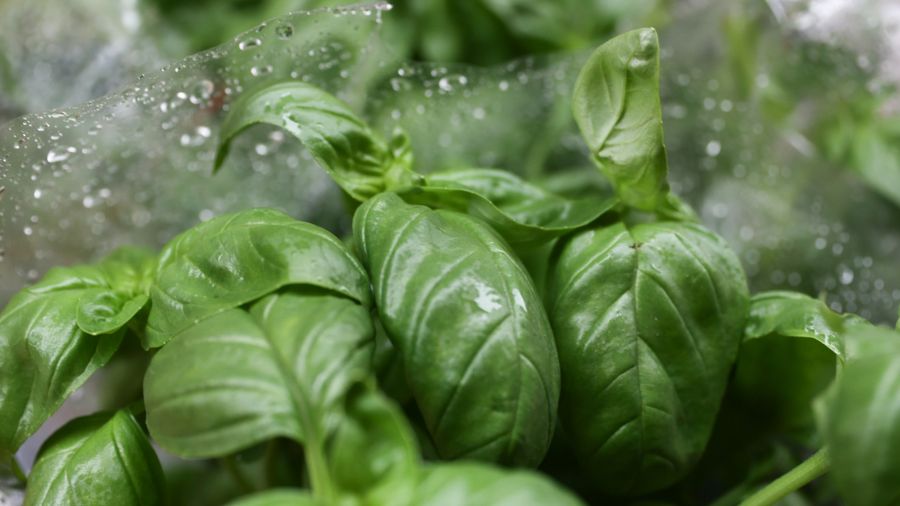Washington state rep: NCAA ‘like a cartel,’ needs to pay athletes
Jan 7, 2019, 5:10 PM | Updated: 5:54 pm

(AP Photo/Ted S. Warren)
(AP Photo/Ted S. Warren)
Washington State Republican Representative Drew Stokesbary introduced legislation Monday that would allow student-athletes from the state’s colleges to earn compensation.
RELATED: UW Huskies CB Byron Murphy declares for NFL draft
The bill would essentially make it so any student-athlete could be compensated by any party for anything “up to the fair market value of services.” It would also allow them to retain an agent. Both are prohibited by the NCAA’s current rules.
“If a shoe company wanted to pay one of University of Washington’s running backs $50,000 to appear in a television commercial, House Bill 1084 would permit that,” Stokesbary clarified in a news release.
For Stokesbary, it’s an idea he’s slowly but surely come around on in recent years.
“If I had been introduced this bill three years ago I would have opposed it,” he told KIRO Nights’ host Gee Scott.
Now, though, he’s finds it tough to ignore what he views as a fundamental, endemic problem with college sports.
“We have this enterprise worth billions and billions of dollars, and 90 percent or more of the value of the enterprise is created by the student athletes themselves,” he noted. “The NCAA is essentially acting like a cartel here prohibiting students from receiving any compensation outside of their scholarship.”
“The system is really rigged against these student-athletes,” Stokesbary added.
As the rules stand right now, NCAA athletes are required to maintain “amateur” status — that means they can’t accept money from sponsors, get paid for appearances or autographs, or even profit off of schools selling their jerseys.
That’s especially felt in Washington, home to the Pac-12’s highest paid head coach is UW’s Chris Petersen, who makes $4.875 million annually. The highest paid college coach in the country is Alabama’s Nick Saban, who took home $8.3 million in 2018.
Under Stokesbary’s proposed bill, the state would view the NCAA’s regulations as a violation of Washington’s State Consumer Protection act, as well as state antitrust laws.
“Through this kind of patchwork of rules and inconsistent application of them, you’ve made it really hard for students to get any kind of fairness out of the deal,” said Stokesbary. “Their coaches are allowed to work for the highest bidder, yet the kids don’t have this ability.”













